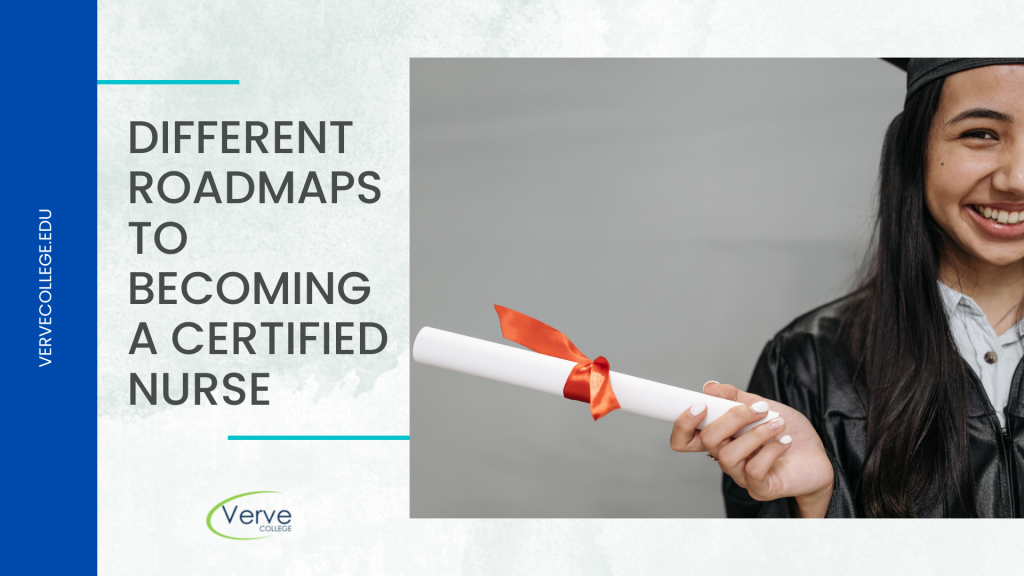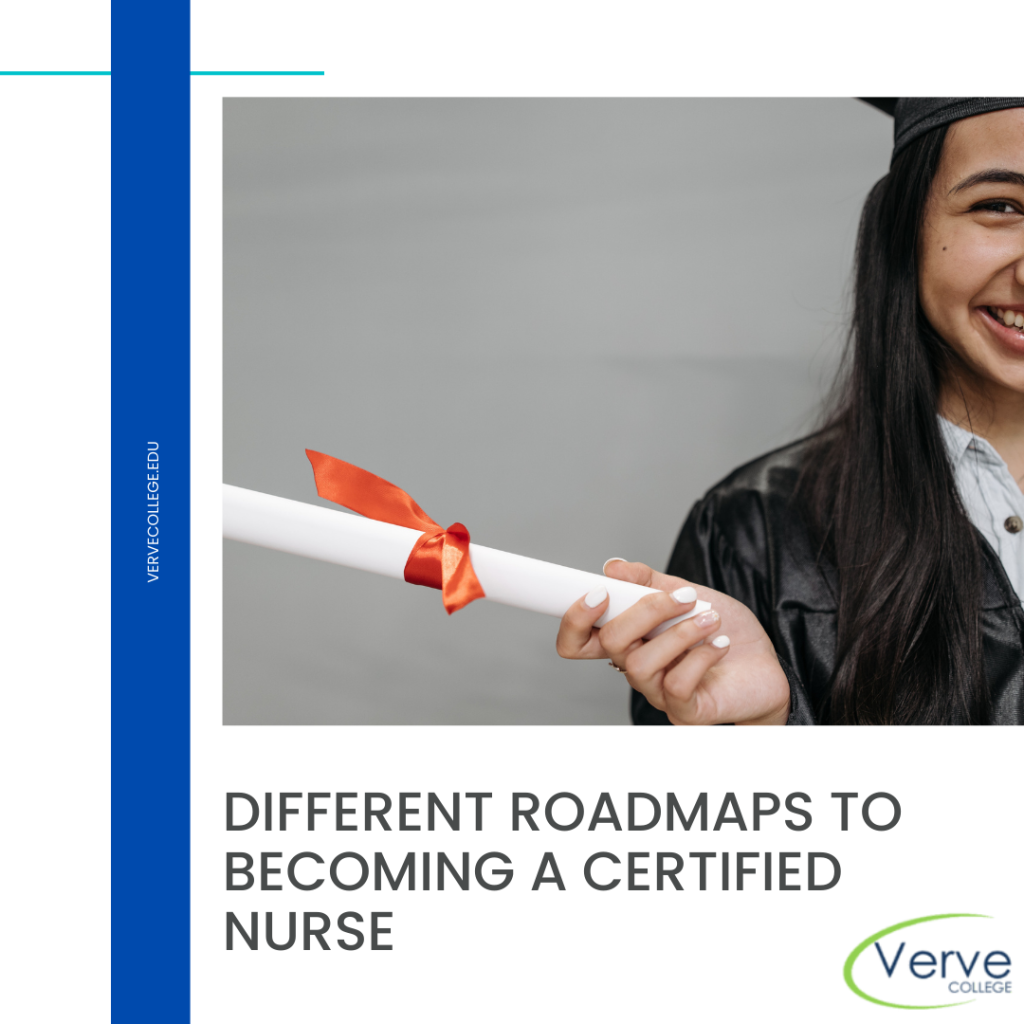- Oak Brook:(630) 705-9999
- Chicago:(312) 920-8822
- Email:inquiry@vervecollege.edu
- Make a Payment
- Home
- Programs
- Admission
- Resources
- ATI Entrance Exam Resources
- New E-Digital Library
- Refer a Friend
- School Newsletter
- Events
- Employers
- Job-Network
- Alpha Beta Kappa Candidates
- Verve College Library
- Graduation and Pinning Ceremony Photo Galleries
- Textbook Information
- Career Services
- Tutoring
- School Catalog
- FAQ
- Constitution Day Program
- Alumni
- Verve College Plans
- Financial Aid
- HEERF Reporting
- Satisfactory Academic Progress
- Apply For Financial Aid
- Net Price Calculator
- Return of Title IV Funds (R2T4)
- Financial Aid Office Code of Conduct
- Contact
- FAQs
- Verification Policy
- Vaccination Policy
- Student Right-to-Know Act
- Misrepresentation
- Information Security Program
- Academic Award Year
- Availability of Employee
- Cost of Attendance
- Health & Safety Exemption Requirement
- Students Rights and Responsibilities
- Leave of Absence
- Pell Formula
- Military Students
- Grants/ Scholarship Policy
- Contact Us
- Login
- Testimonials
- Blog
Is a Nursing Career Right For You?
Take The Free Quiz
Different Roadmaps to Becoming a Certified Nurse
Different Roadmaps to Becoming a Certified Nurse
One of the most rewarding and difficult occupations is nursing. Being a nurse is quite satisfying, regardless of whether you are interested in contemporary medicine or want to serve people. The healthcare sector is distinct from other sectors. There are always chances for improvement. You have countless opportunities to advance and confront new challenges. Whether you are a new nurse or have years of experience in the field, several alternatives are available. If you make good decisions, you’ll find the correct path.
How to Become a Nurse
Several possibilities are open to you once you graduate from high school. Those keen to enter the sector can consider the Licensed Practical Nurse route. To start your career as a nurse, you can obtain your certification from a vocational or professional institution. If you are willing to invest more time in the classroom, choose the nursing associate’s degree. You’ll be on the fast track to becoming a practical nurse (PN), but you’ll also experience college more conventionally. You will be able to assist patients clinically after becoming a practical nurse.
Related Article :- 7 Effective Reasons to Become a Licensed Practical Nurse
You can become a licensed practical nurse by enrolling in a licensed practical nursing program from a top nursing school.
Certifications Required
It would be best if you succeeded on several exams to become a registered nurse. Licensed Professional Nurses are required to take the NCLEX-PN exam. Registered nurses take the NCLEX-RN.
The national nursing certification boards are responsible for creating each of these exams. You must complete this test to become a licensed practical nurse. Even though state requirements can differ, it’s crucial to check with your certification board to ensure you’re getting ready for the right test.
Job Opportunities
Once certified, recent grads have a variety of fascinating job options. Nursing is routinely rated as one of the best jobs by U.S. News and World Report. Popular professions are a sign of a very competitive market. Every year, more positions are available for nurses, which is positive. By 2024, the sector is anticipated to require 1.3 million more nurses. This represents a startling 20% increase.
Helping the elderly can bring considerable happiness to anyone looking for a stable job. The demand for primary care nurses will likewise be significant. No matter your area of interest, you have many fantastic prospects for the future.
The Outlook is Positive
Although being a nurse is complex, the future seems bright. What’s best? Unexpectedly, 70% of NCLEX test takers succeed on their first attempt. A test will determine your future.
A fantastic place to start is by volunteering at the neighborhood hospital. You will acquire the knowledge necessary to make wise professional selections. Additionally, be sure your GPA is good enough to qualify you for nursing school admission. Numerous programs demand a minimum GPA of 3.0. Take the Test of Essential Academic Skills (TEAS) to demonstrate your understanding. LPN schools and potential employers will use this information to assess your knowledge.
 Sign up
Sign up Login
Login





